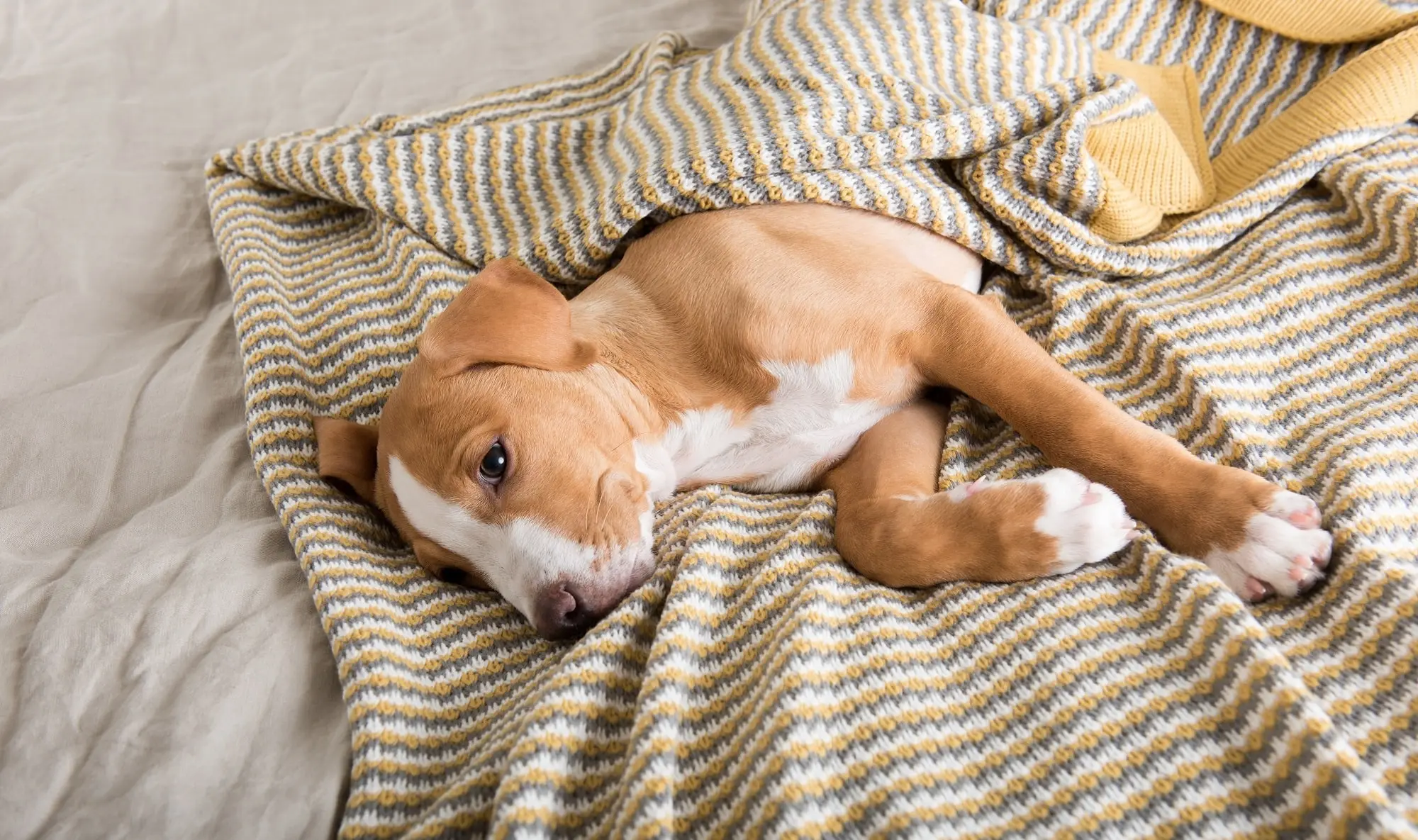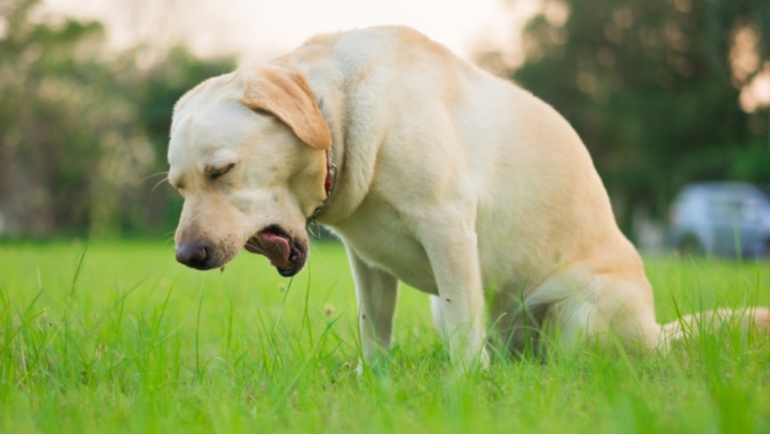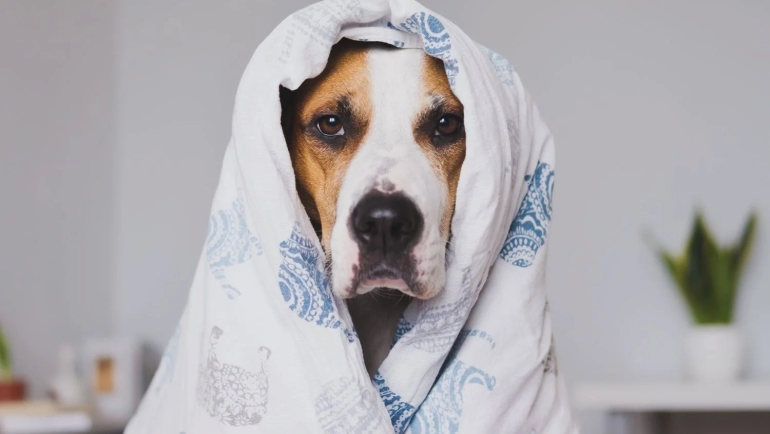235Views

10 Home Remedies For Diarrhea In Dogs Among Them Fasting
Diarrhea in dogs can be a concerning issue for pet owners. While it’s essential to consult with a veterinarian for persistent or severe cases, there are several effective home remedies that can help alleviate mild diarrhea in dogs.
In this article, we will explore natural and safe solutions to provide relief from diarrhea to your furry friend.
1- Bland Diet:
One of the first steps in managing dog diarrhea at home is to introduce a bland diet. Boiled chicken, rice, and pumpkin are excellent choices. These ingredients are easy on the stomach and can help firm up your dog’s stool.
2- Pumpkin Puree:
Pumpkin is a powerhouse when it comes to relieving diarrhea in dogs. Rich in fiber, it helps absorb excess water in the intestines and regulates bowel movements. Feed your dog plain canned pumpkin in small amounts to see positive results.
3- Probiotics:
Probiotics promote a healthy balance of gut bacteria, aiding in digestion and reducing inflammation. You can find canine-specific probiotic supplements or incorporate probiotic-rich foods like plain yogurt into your dog’s diet.
4- Boiled Chicken and Rice:
A simple mixture of boiled chicken and rice can work wonders for a dog with diarrhea. This bland diet is gentle on the stomach, providing necessary nutrients without triggering further digestive upset.
5- Fasting Period:
Sometimes, giving your dog’s digestive system a short break can be beneficial. A 12 to 24-hour fasting period allows the gastrointestinal tract to rest and recover. Ensure your dog has access to water during this time.
6- Hydration:
Diarrhea can lead to dehydration, so it’s crucial to keep your dog well-hydrated. Offer plenty of fresh, clean water, and consider adding an electrolyte solution or diluted chicken broth to encourage drinking.
7- Activated Charcoal:
Activated charcoal can help absorb toxins and irritants in the digestive tract, making it a useful remedy for mild cases of diarrhea. Consult your veterinarian for the appropriate dosage based on your dog’s size.
8- Ginger Infusion:

Ginger has anti-inflammatory properties that can soothe the digestive system. Make a ginger tea by boiling fresh ginger slices in water, letting it cool, and then adding a small amount to your dog’s food.
9- Oatmeal:
Cooked plain oatmeal can provide a gentle source of fiber for dogs experiencing diarrhea. It helps bulk up the stool and contributes to a smoother digestive process.
10- Maintain a Consistent Feeding Schedule:
Establishing a regular feeding routine can help regulate your dog’s digestive system. Avoid sudden changes in diet, and choose high-quality, easily digestible food for your furry companion.
My dog has diarrhea but is acting fine?
If your dog has diarrhea but is otherwise behaving normally, it may be a temporary issue related to dietary changes or mild gastrointestinal upset.
Monitor the frequency and consistency of the diarrhea, ensure your dog stays hydrated, and consider a short fasting period followed by a bland diet like boiled chicken and rice or plain canned pumpkin.
If the diarrhea persists for more than a day, is accompanied by other concerning symptoms, or if you are uncertain about the cause, it’s advisable to consult with a veterinarian for a thorough evaluation and appropriate guidance on potential underlying issues.
What is the most common cause of diarrhea in dogs
The most common cause of diarrhea in dogs is dietary indiscretion, which refers to the consumption of inappropriate or unfamiliar food, garbage, spoiled food, or even non-food items.
Dogs are known to explore their environment with their mouths, and ingesting something unfamiliar or irritating can lead to gastrointestinal upset.
Other common causes of diarrhea in dogs include sudden changes in diet, food allergies or intolerances, bacterial or viral infections, parasites (such as worms), stress, and certain medications.
While many cases of diarrhea are mild and may resolve on their own, persistent or severe diarrhea should prompt a visit to the veterinarian for a proper diagnosis and treatment.


